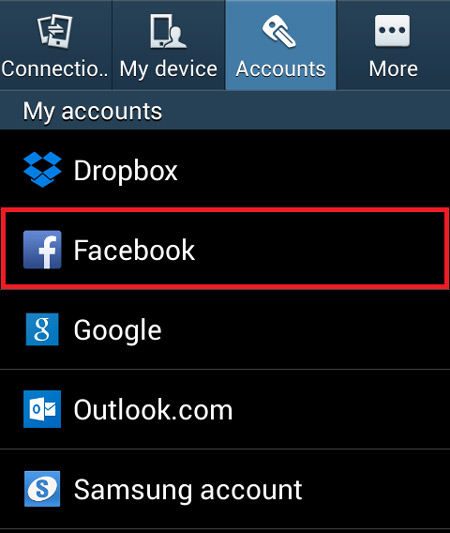

Keep your eyes peeled for updates from the platform’s official account or support team. If that is what you suspect to have caused the auto-logout scenario, you can verify it from Facebook itself. One of those is to “forget” its users’ auto-login configurations which, of course, requires logging everyone out. Nonetheless, platforms like it have immediate solutions ready even if wide security breaches seldomly happen. The hacker most likely changed your sign-in credentials using a different device from an unknown location.įacebook might be the leading social media platform, but that does not imply it can always shield its systems from hackers. How can you be sure that it is the case, though? One red flag indicating your Facebook account got hacked is when you cannot access your profile after being logged out. So, if you got logged out by Facebook from your personal account, someone else might be running your profile. That, however, does not mean it cannot be used on multiple devices or by another person at the same time. Someone Hacked Your Facebook AccountĪ Facebook account is ideally used only by one person unless it is a page meant to be managed by several people. So, to help you zero into the exact cause easier, we will already discuss the possible culprits here. You would not know what is triggering the auto-logout issue without troubleshooting. That is typical because the underlying problem causing the website or app to do so is not obvious. Many users like you also worry when their Facebook accounts get logged out. Why Facebook Logged You Out: Possible Scenarios Photo by Pixabay from Pexels
Facebook session expired but i dont have it installed password#

You can override the default cookie names and options for any of the cookies used by NextAuth.js. This was introduced to avoid size constraints which can occur when users want to store additional data in their sessionToken, for example. suffix and reassemble the cookies in the correct order when parsing / reading them. Using this option is not recommended.Ĭookies in NextAuth.js are chunked by default, meaning that once they reach the 4kb limit, we will create a new cookie with the. It is intended to support development and testing. Setting this option to false in production is a security risk and may allow sessions to be hijacked if used in production. If set to true returns the raw token without decrypting or verifying it. Raw - (boolean) Get raw token (not decoded)

The secureCookie option is ignored if cookieName is explicitly specified. true in production and false in development, unless NEXTAUTH_URL contains an HTTPS URL).ĬookieName - (string) Session token cookie name SecureCookie - (boolean) Use secure prefixed cookie nameīy default, the helper function will attempt to determine if it should use the secure prefixed cookie (e.g. Including custom session maxAge and custom signing and/or encryption keys or options You must also pass any options configured on the jwt option to the helper.Į.g. The getToken() helper requires the following options: toString ( "hex" )įor convenience, this helper function is also able to read and decode tokens passed from the Authorization: 'Bearer token' HTTP header. need a more customized session token string, you can define your own generate function. The session token is usually either a random UUID or string, however if you Note: This option is ignored if using JSON Web Tokens Seconds - Throttle how frequently to write to database to extend a session.

Seconds - How long until an idle session expires and is no longer valid. which is used to look up the session in the database. When using `"database"`, the session cookie will only contain a `sessionToken` value, You can still force a JWT session by explicitly defining `"jwt"`. If you use an `adapter` however, we default it to `"database"` instead. The default is `"jwt"`, an encrypted JWT (JWE) stored in the session cookie. Choose how you want to save the user session.


 0 kommentar(er)
0 kommentar(er)
